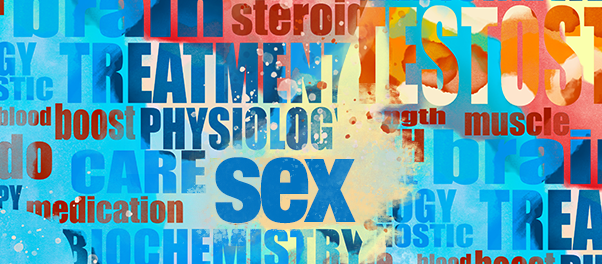Social Work
Social workers focus on the collective well-being of individuals, family units, and communities. As advocates for individuals, social workers offer mental health counseling and attend to their human rights. In community settings, social workers may work at schools or justice and corrections facilities.
Social workers can work in Child Protective Services, Adult Protective Services, and policy. Or, they are able to practice privately in one of the various specializations like substance abuse, healthcare, or disabilities.

Trauma Counseling
Unresolved childhood trauma and its effect on adulthood reveal demonstrated links between physical and mental illness to adverse events in childhood.Trauma counselors work with clients with post-traumatic stress disorder (PTSD) and acute stress disorder (ASD). Trauma counselors are also able to help individuals without a trauma disorder diagnosis explore life’s distressing events.

Child & Marriage and Family Counseling
Depending on their specialty focus, marriage and family counselors may also choose to further their education between couples or child counseling. Marriage and family counseling requires a vast understanding of the family unit and the components which compose it.
Couples counseling is a foundational factor in marriage counseling as the objective is to reunite the pair’s attachment and increase their relationship satisfaction. Counselors who desire to work with children earn certifications in specific therapy techniques such as play therapy or art therapy.

Guidance and Career Counseling
Guidance and career counseling are standard for mental health counselors in academic settings. Mental health counselors who work at grade schools with younger children prioritize and manage cases of learning disability, child abuse, and behavioral issues. Counselors who guide more mature students shift the priority to academic success, psychological well-being, and life plans. Career counselors also work in settings, such as governmental agencies, where they aid individuals in seeking employment.

Substance Use & Rehab Counseling
Mental health counselors also specialize in substance use and rehabilitation counseling. Substance use disorder (SUD) affects a range of individuals from adolescents to adults. Alcohol and opioids are common substances of choice resulting in counseling options arising specifically for each. Substance use and rehabilitation counselors deal with topics of relapse and overdose safety planning in their work.

Online & Telehealth Counseling
Online counseling is a relatively new field, yet already with evidence to support its effectiveness. Telehealth increases accessibility for those who are unable otherwise to receive mental healthcare. Online mental health counselors translate their education into making a therapy session a constructive virtual experience.

Pros and Cons of Specialization
Specialization as a counselor does require effort and training beyond mandatory schooling. As an advantage, scholars who know which field they want to specialize in may apply to a graduate program to accommodate their training needs.
It requires additional financial resources, time, and training hours before receiving the benefits of specializing in a counseling career. Although, once a mental health counselor holds additional certification, they are able to expand their earnings as roles appropriately compensate for the supplementary skills in return.
Pros
- Increase earning capacity
- Diverse careers available
- Proven competency can be marketed to clientele
- Further knowledge and expertise
Cons
- Requires additional resources and training
- Must determine specialization early or enroll in training via continuing education credits & additional certification
Range of Specializations by CONCEPT
CONCEPT Continuing and Professional Studies offers a range of specializations including, but not limited to the following:























